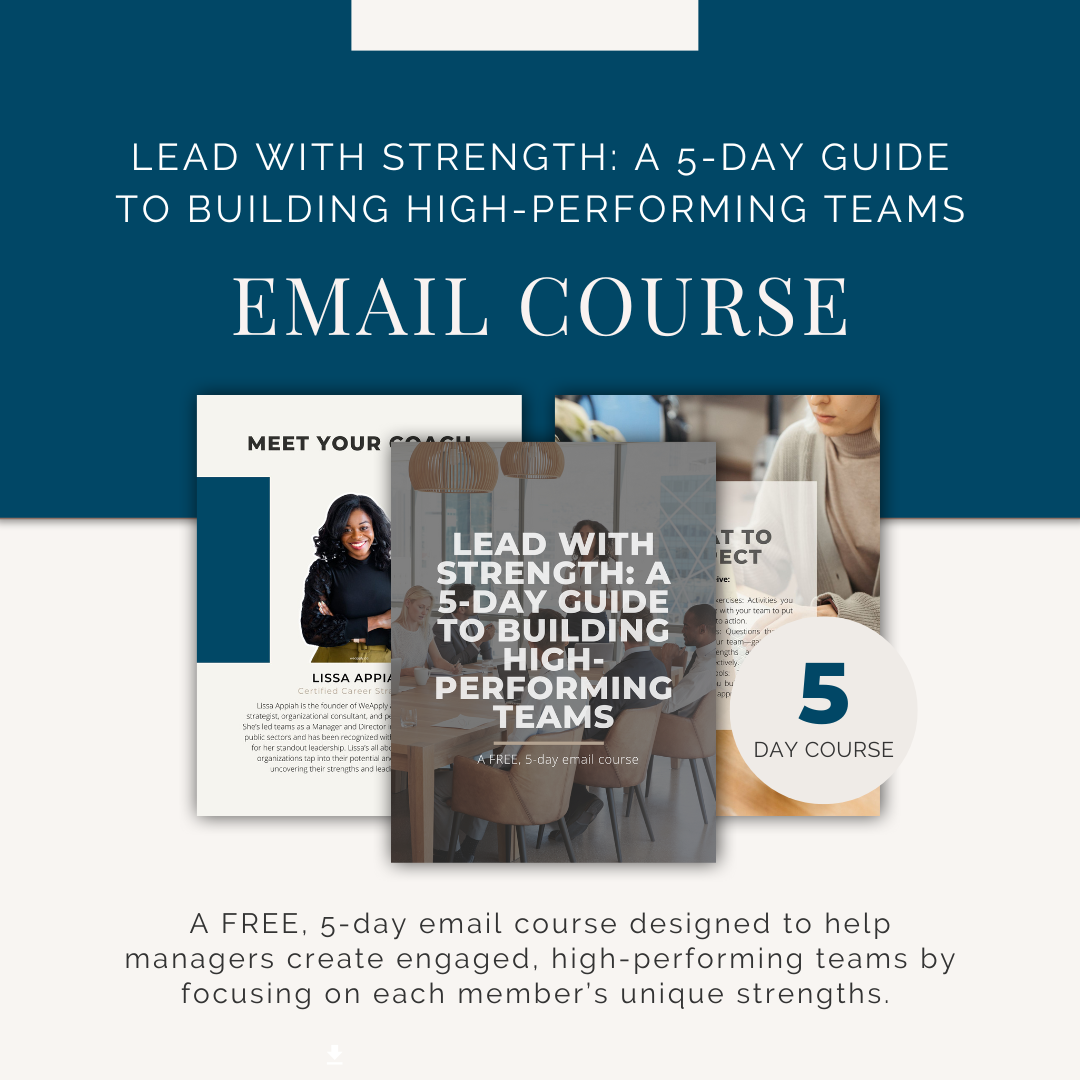Workplaces often lean heavily into what Susan Cain calls the “extrovert ideal”—a preference for outgoing, sociable, and assertive individuals who thrive in group settings. This cultural bias can make it seem like an introvert at work is at a disadvantage, but I’m here to tell you that’s not true.
As an introvert myself, I’ve leveraged my strengths to land five promotions in less than eight years. Here’s how I’ve embraced my introversion at work and what you can learn from my journey.
What Is an Introvert?
Let’s clear up a common misconception: Being introverted doesn’t mean you’re shy, antisocial, or dislike people. Introverts simply recharge by spending time alone, while extroverts gain energy from social interactions.
There are four types of introverts, according to a 2011 study:
- Social Introverts: Prefer small groups or solitude.
- Thinking Introverts: Reflect deeply and enjoy their imagination.
- Anxious Introverts: Feel shy or socially awkward around others.
- Restrained Introverts: Are thoughtful and deliberate, acting with care rather than impulse.
For me, I identify as a blend of social and restrained. I enjoy one-on-one or small-group interactions with people I trust, but I’m selective and take time to observe before engaging.
Where do you see yourself? Let me know in the comments!
Lessons I’ve Learned as an Introvert at Work
1. Recognize Your Limits and Find Balance
I’ve learned to acknowledge my limits, especially when it comes to social interactions. Striking a balance between engaging with others and taking intentional breaks has been crucial to avoiding burnout.
Tip: Schedule quiet time into your calendar. Whether it’s meeting-free mornings or blocking time to recharge, protecting your energy is key.
2. Embrace Your Strengths
Introversion is not a weakness—it comes with unique strengths, like listening, deep thinking, and observation. These skills can bring clarity and insight that others might miss.
For example, I’ve used my reflective nature to prepare thoughtfully for meetings and provide solutions that address core issues. Once I embraced these strengths, I stopped seeing my introversion as a hurdle and started using it as a tool for success.
3. Value Alone Time for Reflection
Solitude is where introverts thrive. For me, this has been essential for deep thinking and strategic planning.
Tip: Communicate your work style with your team. If spontaneous brainstorming isn’t your thing, let your manager or colleagues know you prefer to prepare in advance. Finding a balance between your style and others’ needs fosters collaboration and reduces frustration.
4. Advocate for Yourself
Contrary to the idea that hard work speaks for itself, I’ve learned the importance of actively promoting my achievements.
Tip: Share your successes with stakeholders and senior management. Provide updates on your contributions and the impact of your work. By owning your narrative, you’ll ensure your efforts are recognized and valued.
5. Rest and Recharge
I’ve found that prioritizing rest and exercise outside of work has a direct impact on my energy levels and productivity.
Tip: Whether it’s hitting the gym, running, or listening to music while working, find activities that help you recharge and bring your best self to work.
6. Socialize Strategically
As an introvert at work, networking and social events may not come naturally, but they are important for building connections.
Tip: Be intentional about which events you attend. Focus on ones where you’ll find value, and plan your participation to make meaningful connections without overwhelming yourself.
Own Your Narrative
One of the most important lessons I’ve learned is that your work won’t automatically speak for itself. You need to be proactive in ensuring your contributions are seen and recognized.
Take Action:
- Keep stakeholders informed of your progress.
- Highlight your role in team successes.
- Be clear about the impact you’re making on your organization.
By doing this, you’ll boost your professional visibility and ensure your hard work doesn’t go unnoticed.
Final Thoughts
Being an introvert at work isn’t a barrier—it’s an opportunity. Your unique strengths can set you apart and help you thrive in any workplace. As Susan Cain writes in her book Quiet:
“Figure out what you are meant to contribute to the world and make sure you contribute it. If this requires public speaking or networking or other activities that make you uncomfortable, do them anyway.”
Inside my 1:1 coaching program, I will help you land and succeed in your first leadership role as an introvert in 6 months.
Use this link to book a consultation and let’s unlock your full potential together: https://weapply.ca/winatwork/


